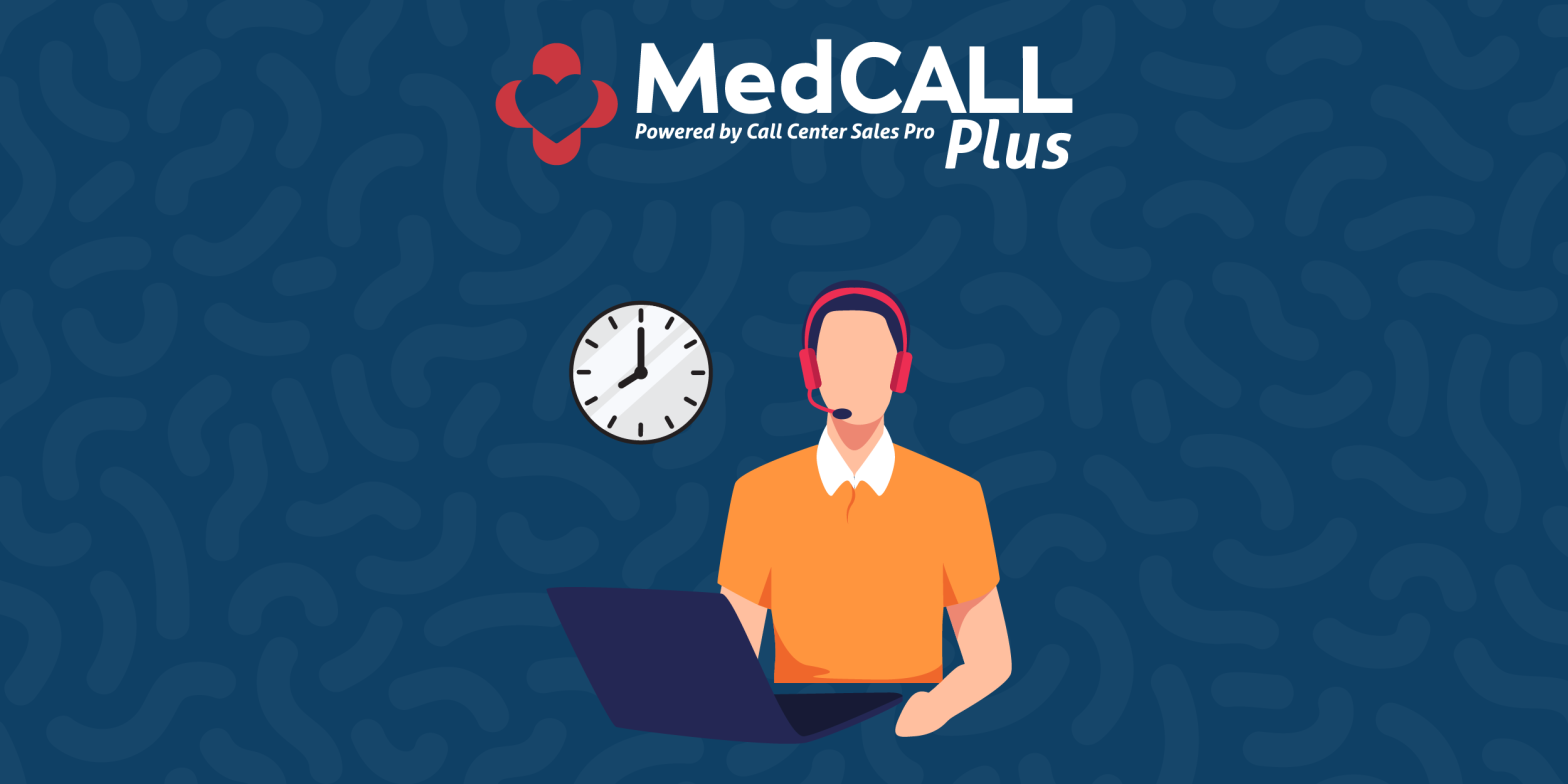How to Reduce Talk Time in Your Medical Call Center
As a medical call center agent, your primary responsibility is to provide quality customer service to patients by answering calls and addressing their concerns. However, the longer you spend on the phone with each caller, the fewer calls you can attend to, which eventually leads to wait times longer and a decline in patient satisfaction. It’s essential to find ways to reduce talk time while still providing top-notch service. In this blog post, we will share some tips on how to reduce talk time in your medical call center and improve productivity, ensuring the quality of your service.
Implement Call Routing
One sure way to reduce talk time is to implement call routing. Call routing involves routing calls to the right personnel – a nurse practitioner, a pharmacist, or a customer service representative, based on the nature of the call. This way, the patient’s concern is solved adequately and quickly without wasting time transferring the call from one agent to another. Call routing also assures patients that they are speaking to the right person for their concerns, and this can improve patient satisfaction.
Efficient Data Collection
Another way to reduce talk time is to investigate your current data collection process. Are you asking too many questions? Are you doing it at the appropriate time when the patient is ready to provide the data? Ensure that you only ask for essential information and do it during the conversation naturally. Avoid interrupting the patient with unnecessary questions. You can also automate data collection through an Interactive Voice Response System (IVRS), which helps patients provide information before speaking to an agent, reducing the duration of the call.
Standardize Responses
A standardized response system provides agents with pre-determined responses to both common and complex queries. This system can speed up the time taken to address the call, thus reducing talk time. Agents need to be appropriately trained on the responses to ensure their knowledge of standard responses is current and applicable. You can also use chatbots, which are computer programs that mimic human conversation to provide quick answers to patients’ concerns via online chat.
Embrace Technology
New technologies such as electronic prescriptions, direct messaging, and video conferencing have improved communication in the healthcare industry. Patients who engage in these technologies are satisfied with the service, and this, in return, reduces talk time. For instance, an SMS message can provide a quick automated response, saving time for both the agent and the patient without even calling an agent.
Monitoring and Feedback
It’s always essential to review your agents’ talk time periodically, monitor outcomes like customer satisfaction and data on abandoned calls, and assess service delivery quality. Any discrepancies can be mitigated by training your agents to improve their skills or by re-evaluating your procedures – call scripts, resolving issues, conducting training, etc. Remember, feedback from patients is essential in guaging the customer experience, which ultimately leads to shorter talk time.
Reducing talk time in a medical call center is a win-win situation, both for patients and practice. This can help improve patient satisfaction levels, which can be an essential metric for your answering service. Implementing call routing, efficient data collection, a standardized response system, embracing technology, and monitoring and feedback can be some practical solutions to reduce talk time. Remember that shorter talk time does not mean compromising on patient service quality but, in fact, can be indicative of more efficient and productive service delivery.
Med Call Plus is a perfect ally for you if you are experiencing long talk times in your contact center. Our consulting services will help you boost strategies to ensure your call center operates efficiently. Contact us today to learn more!

